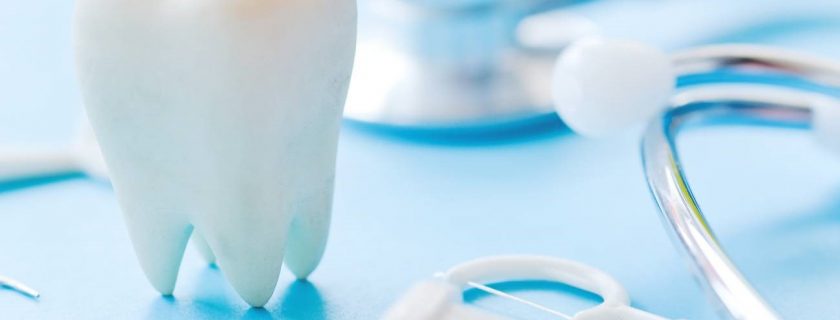Everything you should know about implants and what to expect

Losing teeth can have dire consequences, not just for your psychological well being, but also for your overall health: a gummy mouth can lead to biting problems, difficulties with chewing and bone loss.
However, thanks to dentures, bridges and other types of prosthesis, you can restore and replace your missing teeth, but these options can have limitations.
More and more people are turning to dental implants in Melbourne to replace their teeth. Learn why tooth implants might be the best method of restoration for you in the article below.
What are implants?
Dental implants are metal screws or posts that are surgically placed into your jawbone. Over a recovery period lasting three to six months, the implants become anchored to the bone in a process called osseointegration.
Once osseointegration is complete, the implant forms part of your mouth, acting as the artificial root to a new crown. Your dentist will mount the crowns, bridges or dentures to the implant or implants to complete the process and replace those missing teeth.
What are the steps involved in getting implants?
You will need to visit us a few times so we can make sure you are suitable for implants and your mouth is ready for the treatment. Implants are life-changing but are not a quick fix.
Same-day implants
Having to wait for months to sport your new teeth can be a painful reality to accept, which is why people with extensive tooth loss are considering same-day implants.
Same-day implants, or All-on-four, deliver fast and effective results, so that you do not have to endure months of recovery and a multitude of procedures before you are considered a suitable candidate for regular implants.
You may face several stumbling blocks if you struggle with your dental health. If you have suffered from significant tooth loss and have not had them replaced, you might not have enough bone in your jaw. One of your options then are bone grafts, which might delay the process by months; the other could be All-on-four. As the name suggests, four to six implants are placed in the upper and lower jaw in whatever bone is available, rendering bone grafts unnecessary.
Chat to your dentist first before making any final decisions because, despite their appeal, they are not suitable for everyone.
What are some of the benefits that I can look forward to with implants?

Implants are anchored to your jawbone, which means it will not be possible to remove them without professional treatment. This means you can enjoy the food you love without your device shifting around as you eat. Make sure that your tooth is grafted by an experienced professional so that the implanted one actually doesn’t wobble or your gums don’t suffer when you feed on a chewy or gummy stuff. Just like how Molson Park Dental tends to be a reliable clinic for the Canadians, you can also look for similar clinics in your region and book an appointment with them. Also, look into the pros and cons of the material you would choose for the implant, before finalising one.
Implants are also made from high quality, pure titanium that is built to last. In that sense, the device is permanent.
Implants can also help to regenerate lost bone. As mentioned previously, implants act as artificial roots to your new teeth, which press down on your jaw bone as you chew, eat and talk. To keep your jaw bone healthy and exercised, your teeth must exert pressure by pressing down on them. This movement no longer occurs when you lose teeth, but can be restored with implants.
Any surgical or invasive procedure carries risks. Before proceeding you should seek a second opinion from an appropriately qualified health practitioner.

